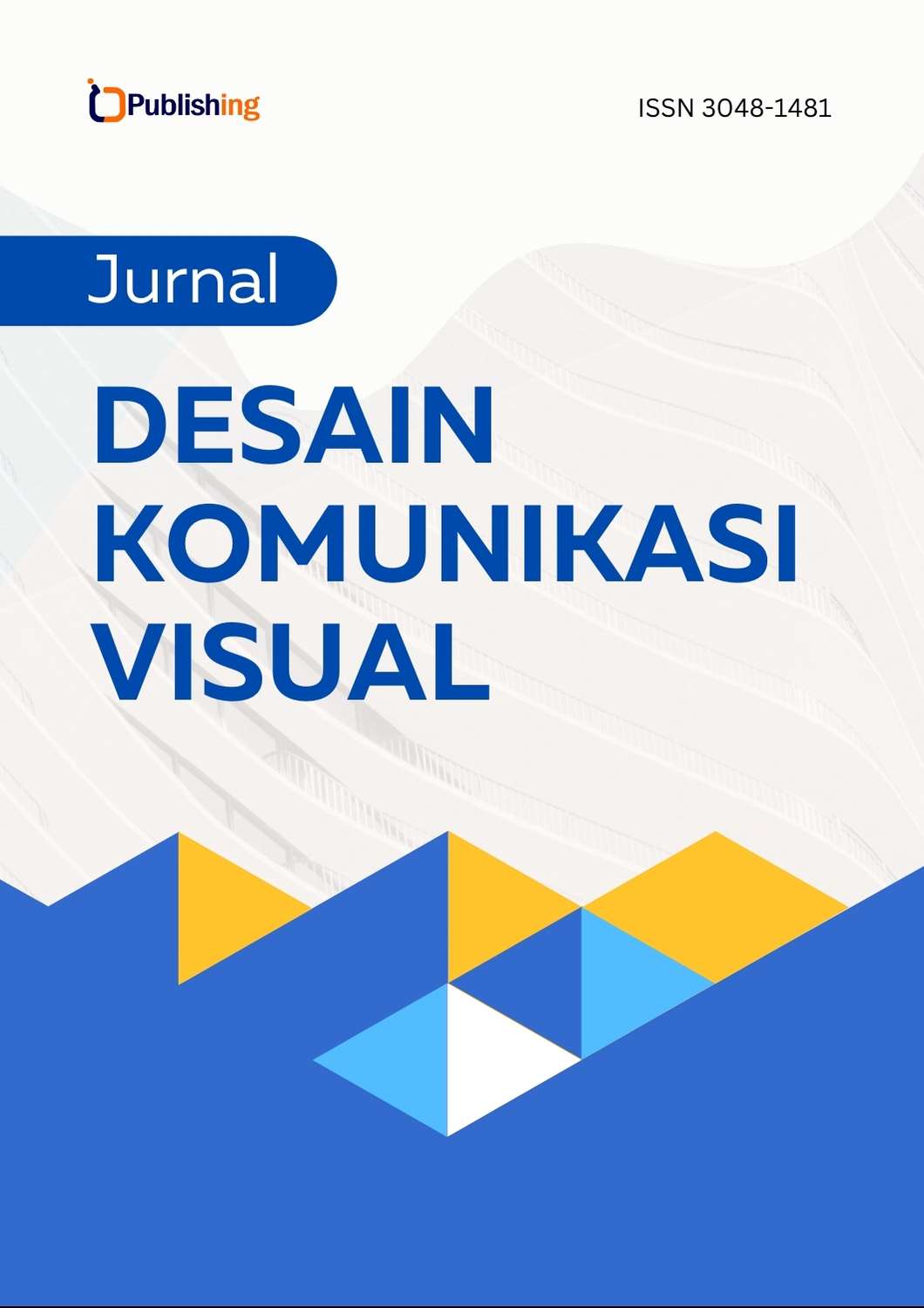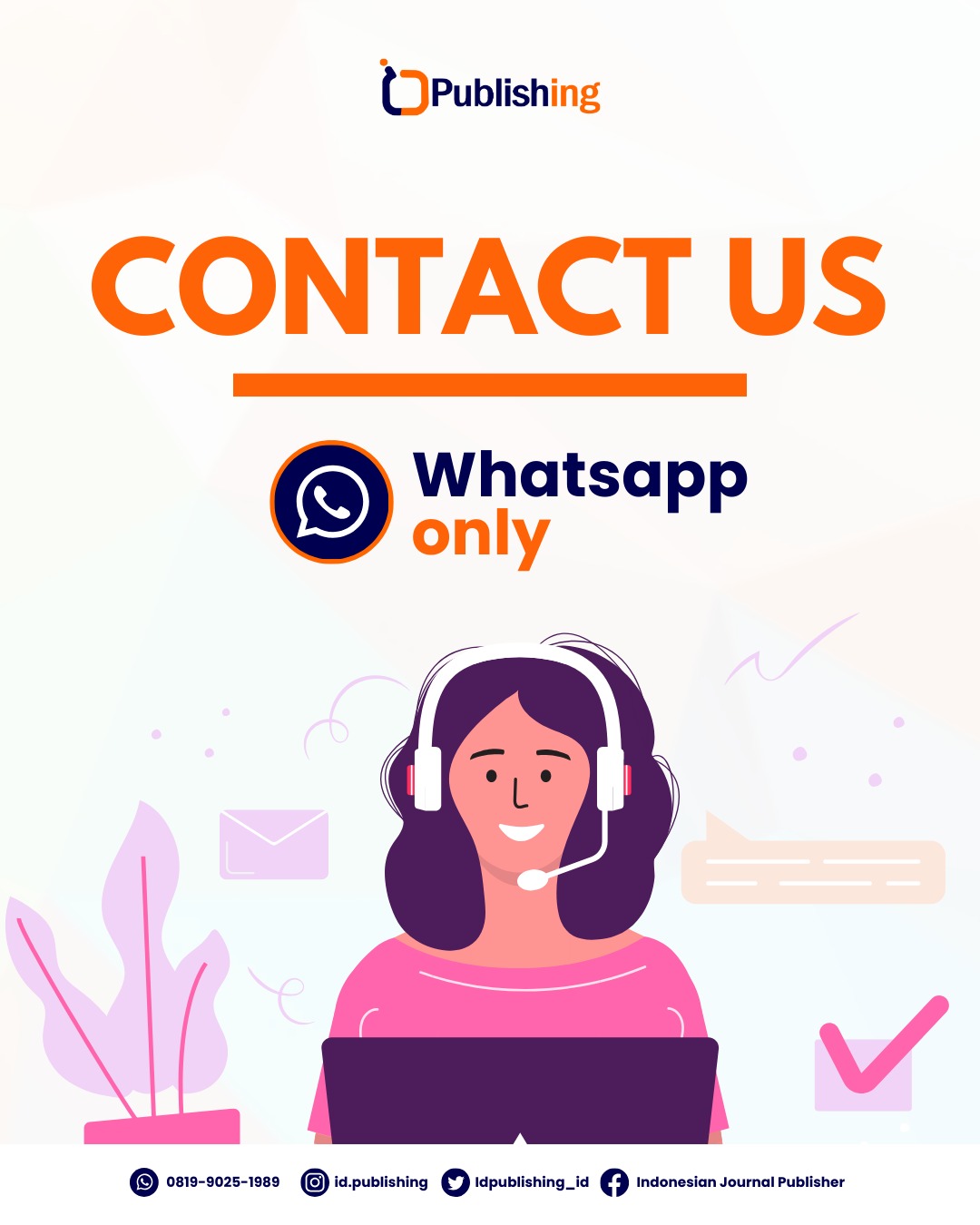Some Issues in The Development of Professional Competencies of Music Culture Teachers
DOI:
https://doi.org/10.47134/dkv.v2i2.3961Keywords:
Pedagogy, Education, Musical Culture, Musical Creativity, Competence, Psychology, Technology, Professionalism, Morality, SpiritualityAbstract
This article explores current issues related to the development of professional competencies among teachers of music culture. It analyzes the role of teachers in improving the quality of music education, highlights the importance of developing both musical and pedagogical skills, and examines innovative approaches to organizing music lessons. Special attention is given to the necessity of continuous professional development, the integration of modern educational technologies, and the cultivation of students’ aesthetic, moral, and cultural values through music education. The article also outlines the pedagogical opportunities available to teachers and stresses the need for creativity, professionalism, and a strong ethical foundation in the teaching process. By addressing these aspects, the study contributes to a deeper understanding of how the professional competence of music culture teachers can be enhanced in the context of modern educational reforms.
References
Abralova, M., & Galiyeva, D. (2008). Music: 2nd Grade. Methodical guide for teachers. Tashkent: G. Gulyam Publishing House.
Address by the President of the Republic of Uzbekistan Sh. Mirziyoyev in the message to the Oliy Majlis on January 24, 2020. (2020, January 25). Narodnoe Slovo.
Bannan, N. (2019). Every child a composer: Music education in an evolutionary perspective (pp. 1–609). https://doi.org/10.3726/b12564
Cha, D. J. (2024). Surfacing pre-service teachers’ perceptions of world music pedagogy: A case study. Korean Journal of Research in Music Education, 53(4), 187–205. https://doi.org/10.30775/KMES.53.4.187
Concept of Music Education in Schools of Uzbekistan. (1992, November 25). Ma’rifat.
Devito, D. (2023). Empowering neighbourhood music: Leveraging professional recording studio and entrepreneurial strategies in a minority Title 1 school. Journal of Popular Music Education, 7(2), 141–167. https://doi.org/10.1386/jpme_00116_1
Dune, T. (2016). Communication idol: Using popular culture to catalyse active learning by engaging students in the development of entertaining teaching and learning resources. Journal of University Teaching and Learning Practice, 13(5).
Gordienko, O. V. (2022). Language functions of whistling and whistles and their pedagogical potential. Musical Art and Education, 10(3), 167–178. https://doi.org/10.31862/2309-1428-2022-10-3-167-178
Humberstone, J. (2017). A pluralist approach to music education. In S. A. Ruthmann & R. Mantie (Eds.), The Oxford handbook of technology and music education (pp. 421–430). https://doi.org/10.1093/oxfordhb/9780199372133.001.0001
Iofis, B. R. (2019). Classical harmony in the music-theoretical education in the People’s Republic of China. Musical Art and Education, 7(4), 44–64. https://doi.org/10.31862/2309-1428-2019-7-4-44-64
Johansen, G. G. (2020). Children’s guided participation in jazz improvisation: A study of the “Improbasen” learning centre (pp. 1–190). https://doi.org/10.4324/9780429451690
Kornoukhov, M. D. (2020). Question left unanswered (Lessons by Eduard Borisovich Abdullin). Musical Art and Education, 8(3), 118–128. https://doi.org/10.31862/2309-1428-2020-8-3-118-128
Ligeti, L. (2022). Artistic innovation through African concepts: Education for art music composers based on African traditions. Journal of the Musical Arts in Africa, 19(1), 57–73. https://doi.org/10.2989/18121004.2022.2134471
Lukovska, S. (2024). Exploring the composer-performer-teacher role complex in fostering creativity in music education. Convergencias: Revista de Investigação e Ensino das Artes, 17(33), 105–122. https://doi.org/10.53681/c1514225187514391s.33.242
Maksudov, N. (1999). Educational speeches (R. Kuchkarov, Ed.). Tashkent: Spirituality.
Muslimov, N. A., et al. (2014). Technology for developing professional special competence of students in vocational education based on the modular-competence approach. Tashkent.
Rapatskaya, L. A. (2020). Spirituality as a category of musical art and education. Musical Art and Education, 8(2), 34–53. https://doi.org/10.31862/2309-1428-2020-8-2-34-53
Rapatskaya, L. A. (2023). Overcoming “spiritual inadequacy” as a way of development of the cultural direction in the Russian pedagogy of music education. Musical Art and Education, 11(1), 35–47. https://doi.org/10.31862/2309-1428-2023-11-1-35-47
Ruthmann, S. A., & Mantie, R. (Eds.). (2017). The Oxford handbook of technology and music education (pp. 1–700). https://doi.org/10.1093/oxfordhb/9780199372133.001.0001
Savelova, E. V. (2020). The culturological aspects of the pedagogue musician’s professional training in cultural higher educational institutes of the Russian Far East. Music Scholarship, 3, 144–156. https://doi.org/10.33779/2587-6341.2020.3.144-156
Sobirovich, T. B. (2020). The development of democratic society and spiritual renewal in the views of Eastern and Western thinkers. International Journal of Advanced Research and Review, 5(10), 60–65.
Sobirovich, T. B. (2020). The strategy of renewal of the national spirituality of Uzbekistan. International Journal of Applied Research, 6(5), 147–151.
Sobirovich, T. B. (2023). Basic criteria for building the third renaissance in Uzbekistan. Asian Journal of Applied Science and Technology (AJAST), 7(1), 149–157.
Weaver, A. (2023). Sounding out science: The Sonaphor and electronic sound design as a learning tool in secondary science. Postdigital Science and Education, 5(2), 408–439. https://doi.org/10.1007/s42438-022-00321-4










